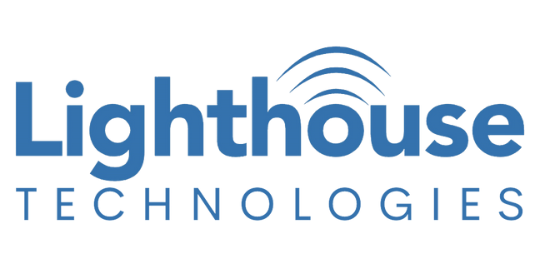Whether you’re new to your organization and want to understand what’s going on, or you’ve been there a while and something just doesn’t seem right, an all-encompassing assessment of your software team and processes may be the best next step.
Software is an enormous investment in your organization. It likely holds a significant role in the value you provide for your customers, so why wouldn’t you ensure you’re getting good value for your investment?
Just like CFOs hire third party auditors to review their books, we recommend that software organizations look to third-parties to give them an independent assessment of either their internal software teams or their external software vendors. Having a third-party partner give you an accurate, honest, and specific assessment could save you millions of dollars and countless man hours.
Here are a few thought-starters as you read through the case study below:
- Do I know how my software team compares to industry benchmarks?
- Do I feel like I have a clear and strong grasp on size, cost, and schedule of my software system?
- Do I use software partners to build custom software? If so, do I feel protected when it comes to analyzing their proposal and putting together contract terms and conditions?
- Do I know fair pricing for my current software projects?
- Are things going as well as they can be in my software system? Do I know what could make it even better?
In this case study, one of our retail clients was looking for ways to reduce acquisition costs, improve software quality, and lower ongoing maintenance costs. Their software footprint included a large Automated Teller machine (ATM) network of 5,000 machines, a new custom Point of Sale (POS) system, a new Enterprise Resource Planning (ERP) system, and numerous large custom applications.
Lighthouse was engaged to assess their software organization, make specific recommendations for improvement, and help implement quality, project management, contracting, requirements management, and testing processes from concept development throughout their entire acquisition and system maintenance lifecycle.
When the retailer outsourced a multi-million dollar custom development project, they looked to Lighthouse for advice. Because of Lighthouse’s in-depth knowledge in project management and function point analysis, we were able to accurately estimate the real cost of a contract and establish clear expectations of the work to be performed. As a result, Lighthouse helped the retailer negotiate the contract with the software development vendor, saving them over $10M while ensuring the quality of the work to be performed.
During this multi-year engagement, we implemented quality assurance (QA) and quality control (QC) practices to ensure better systems that resulted in improved quality and predictability across all software projects. We mentored and taught them how to develop a “good” set of requirements (“good” meaning it meets all or part of the business need, is unambiguous, verifiable, etc.), establish quality metrics, perform gate checks at major milestones, and implement monthly health checks, all necessary course corrections to keep their project on track.
Download a PDF version of this case
We’re no amateurs when it comes to software assessments. We’ve done hundreds of these over the 20 years we’ve been in business, with 10-person organizations to multi-billion dollar government programs, each time saving our customers money and time. So, as you read through the case study, what came to mind? Where might a third-party assessment help your software team improve? Let us know!
After spending over 20 years managing, developing, and deploying complex software/hardware systems for both commercial and Department of Defense (DoD) applications, Jeff founded Lighthouse in 2000 with the aim of establishing a company whose customer service was only eclipsed by the quality of its work. Armed with an encyclopedic knowledge of motivational leadership tactics and a wealth of expertise in software quality assurance (QA) processes and technical leadership, he’s both a hands-on company leader and the primary architect of Lighthouse’s celebrated workplace culture.





